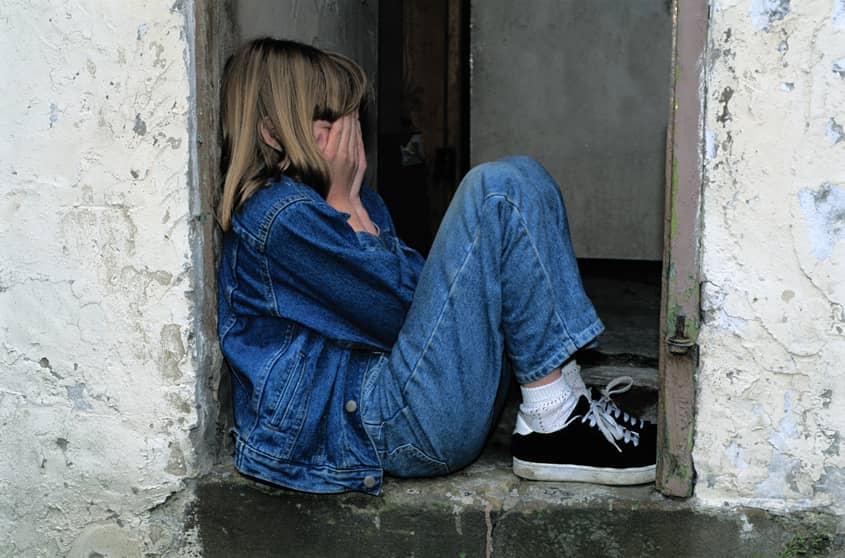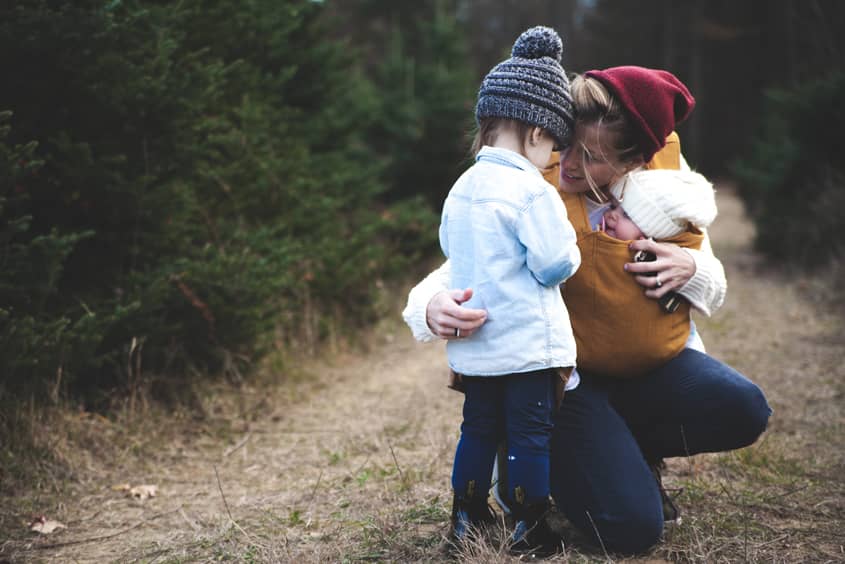A look into children and anxiety
As a parent or carer you can often be caught in that dilemma of not knowing whether the way your child is behaving is normal or something to be concerned about. This can ring particularly true if your child has experienced some loss and or trauma. Children can find it difficult to articulate what they are feeling and why, quite often because they simply do not know. What they can do is adapt their behaviour.
When little Timmy is experiencing anxiety this will be driven from a place of fear. This will mean that Timmy’s primitive part of his brain, the amygdala, hippocampus and hypothalamus will all be busy at work trying to find ways to keep little Timmy safe. This primitive part of the brain will only operate within the parameters of depression, anxiety or anger. This has all been designed to keep us safe when faced with a real life threatening situation. If Timmy were to see a real tiger whilst walking to school his primitive brain will kick in, his anxiety will increase and he will get the signals to hopefully run away, he may also freeze on the spot or even shout at the tiger.
Unfortunately our primitive brain will respond in much the same way no matter what the trigger for anxiety has been. The return to school after a long summer break, sleeping over at a friends house for the first time, joining a new football team, all of these are normal childhood events, but for some children they may trigger some worry and on goes the primitive brain gearing up for fight, flight or freeze mode.
It is quite appropriate and normal for children and adults to experience some level of anxiety throughout life. Anxiety can quite often be motivating, helping us to take action when it’s needed. We start to think about anxiety as being problematic when there is prolonged, intense anxiety that is out of proportion to the present situation and it affects a person's daily life and happiness.

Typical behaviours that can be seen in children experiencing anxiety include:
- A child who is more withdrawn, quieter than usual
- A child who is more angry than normal, experiencing tantrums that appear to come from no where
- A child who may appear overly sensitive, easily upset and crying over things that wouldn’t usually trouble them.
- A child may regress, perhaps behaving younger than their chronological age.
- They may have more toilet accidents.
- They may complain of physical ailments, such as a headache or tummy ache.
- Trouble sleeping at night
- Feeling tired during the day
- Feeling irritable
This is not an exhaustive list and a child could experience just one or a combination of all of these. Noticing these types of responses can give parents and carers a clue that something might be worrying their child. Of course every child is different and their own triggers for anxiety will be different as will be their behavioural and emotional responses.
When something has triggered the primitive brain it will take action before the child has been able to give any conscious thought to that action. This is why children quite honestly do not know why they ‘hit the other child’ or ‘shouted at their brother’. Once the primitive brain has learned there is no threat it can start to turn itself down and the child can return back to their normal self. Sometimes though, the primitive brain maybe experiencing an overload of stresses. Maybe Timmy has been overthinking the return to school for several weeks now, he has fallen out with his best friend and his parents keep arguing. With all this happening Timmy’s primitive brain may be reluctant to step down, it can be placed on red alert and it will then be constantly scanning for more threats and looking for the worst case scenario in every situation. This is often the case when a child has experienced trauma and/or loss. Timmy will then be caught in a vicious cycle of negative thinking only further encouraging his primitive brain to stay switched on.
These problems can affect a child's day-to-day functioning, especially when it comes to concentrating in school, their ability to socialise well, sleeping, and eating.
It’s also common for children to not talk about how they’re feeling. This could be because they don’t know how to talk about it. Experiencing new and big feelings can sometimes be scary and children might not have the words to be able to describe what they are feeling. They may also fear being misunderstood or being judged as ‘weak’ or ‘scared’.
The good news is that doctors, therapists and educators now better understand anxiety disorders than they ever have done before. Help and advice is available in various forms. These could include counselling, cognitive behavioural therapy or Solution Focused Hypnotherapy and Psychotherapy (SFH). SFH is suitable for children over the age of 7 years old. It helps by enabling the child to develop a more healthier mind set that is more positive. They will learn how to think creatively when they are faced with difficulties so they can feel empowered when they are able to find their own solutions. It will also teach them techniques that will help them to relax, feel more confident, motivated and in control of their thoughts and feelings.
What can you do to help your child?
It will help if you can acknowledge what your child is experiencing, help them to name their feelings and talk about them openly, without judgement.
Talk to other adults in the child’s life such as teachers, coaches and childminders so they can be supportive.

If you feel stuck reach out for professional support. Then be patient whilst your child undergoes treatment and finds new ways to cope.
It can also help if you take time to check in with yourself. Parents and carers are some of the most influential role models to children. If you are feeling stressed, low or anxious, what are your coping strategies? What is your child learning from you?
Talk openly with your child about how you have overcome stresses in the past. Tell them about the time you were very nervous before an exam, what helped you or didn’t help you then. This can encourage your child to talk more freely about their own feelings and it can also help them to consider different coping strategies.
The future can be bright! With the right support your child can overcome anxiety and look forward to a future filled with confidence and calm!
 Leanne Astalos
Leanne Astalos
About me
I have been working with children, adults and families for over 15 years, providing a range of therapeutic services and relaxation classes designed to create positive changes for the mind, health and self.
More advice
Here you will find articles written by me that are my own thoughts influenced by the most up to date neuroscience, research and my experience as a therapeutic social worker and a Solution Focused Hypnotherapist and Psychotherapist.
